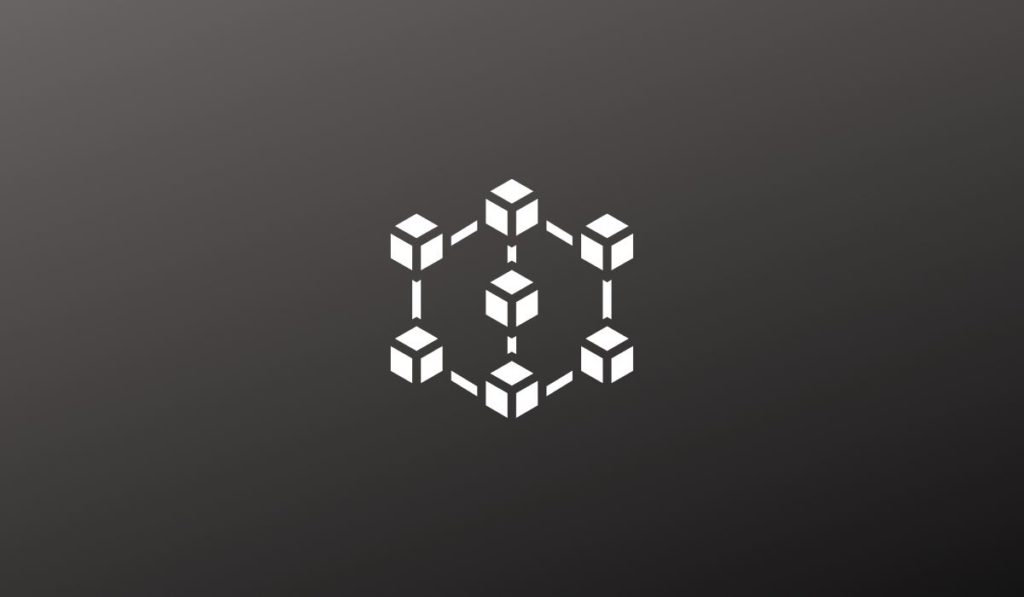
When starting to study blockchain development, you need to familiarize yourself with the main concepts. First of all, these are terms such as blockchain, decentralization, consensus mechanism, Ethereum, and smart contracts. Do you want to become a blockchain developer? Then, be ready to learn the basics of blockchain development, programming languages, the principles of cryptography, or choose a more effective way to achieve your goal – hire the professionals to outsource blockchain development.
A blockchain is an innovative tool for decentralized data storage, in which information is stored simultaneously on thousands of computers, and each member of the network can verify its authenticity.
Decentralization: What Does It Mean?
The blockchain lacks the central governing bodies and administrators required to approve transactions. For their implementation, no intermediaries are needed – transactions go directly between the two parties. At the same time, the blockchain is programmed so that the system guarantees its completion. How are transactions made without the involvement of third parties, no intermediaries in the blockchain, and no central governing bodies? It’s necessary to reach a consensus through mining.
Smart Contracts: What Are They and What Role Do They Play?
A smart contract can be defined as a program containing the terms of the contract. These are the terms that the parties have agreed on. Smart contracts automatically track the fulfillment of conditions; that is, control of the fulfillment and conclusion of a contract occurs technically. The situation is similar to the one can see in the blockchain: all users have the right to access the information in Eth, where they can be changed through transactions, which are calls to contract methods.
If you want to become a blockchain developer, you need to have certain knowledge. At first, the volume of work can seem very complex and voluminous. Don’t start panicking – the direction is developing rapidly, and now there are a lot of courses, articles, and video tutorials where developers share practical code examples.





















